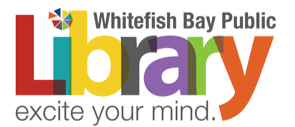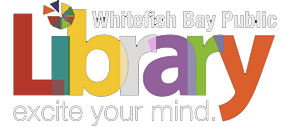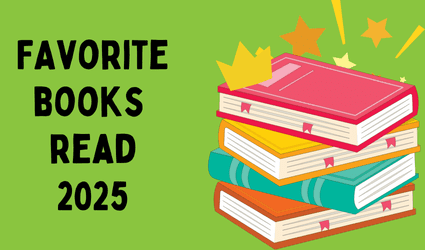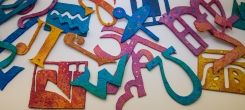Blog
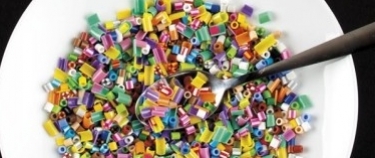 July is Plastic Free Month
July is Plastic Free Month
by Liza Glowacki
on July 7, 2022
Tags:
kids ()
,
nonfiction ()
,
environment ()
This week we’ll be talking plastics. July is plastic free month and in honor of summertime and all things one time use it is only fair to highlight some of the many ways in which plastic can ease into our lives, and of course some ways to ease off of those pesky polymers.
Imagine you are planning a day at the beach. You grab your blue towel, your sunscreen, and some snacks. You pack it all into your backpack, hop on your bike, and off you go. To the beach!! We’ll come back to this later.
Plastics have been around over a century; from Bakelite manufactured in 1907, to synthetic fabrics like nylon and fleece, to single use plastics for your late night takeout. The manufacturing of plastics led to a myriad of innovations throughout the years, but also led to a decline in our environmental health. It seems plastic pollution is the new tragedy of the commons. With so many products now able to be mass produced at such a small cost it was inevitable before they became disposable. According to the city of Milwaukee, the great lakes alone encounters 22 million pounds of plastic pollution every year. That’s MILLION alone in Milwaukee. (https://city.milwaukee.gov/Lake-Friendly.htm)
Now back to your day at the beach... lets break down your items. Your favorite soft blue towel is made from polyester- a synthetic fiber derived from petroleum-which is also used to make plastic. Your sweet smelling sunscreen is encased in plastic packaging, which can be recycled depending on your city rules. You packed an orange, a snack size bag of goldfish, some seaweed snacks, and a box of juice. The orange peel will decompose after about 6 months, the pack of goldfish and seaweed snacks however will take about 10-20 years and they are hard to recycle. They juice box comes with single use plastic and straws which can’t be recycled and takes over a century to decompose. It really breaks down to micro-plastic and ends up in our food chain.
You can see how quickly and stealthily plastics become part of our lives, they are like second nature in our lives. But don’t worry, here are a few simple life hacks that can ease us off our plastic dependency.
- Try taking a reusable coffee cup to your local coffee shop. (They might even give you a discount)
- Avoid bread wrapped in plastic, try a bakery that wraps in paper. Or be adventurous and make your own bread.
- Find a reusable water bottle. Avoid buying one time use plastic.
- Try a Farmers market for fruits and veggies. Bring your own reusable bags.
- Try a bulk food shopping and swap liquid shampoo for bar. (You never know, you might love it.)
For those looking to grasp a better understanding of what exactly it means to live with so much plastic around us, and for those looking to wean off of some of the plastic use please look to these resources. Join in on the challenge this July and try living plastic free.
Books: Fashionopolis: The secrets behind the clothes we wear by Dana Thomas- a book that describes the fast fashion industry and the impact it has on the environment, communities, and the future.
Fashionopolis: The secrets behind the clothes we wear by Dana Thomas- a book that describes the fast fashion industry and the impact it has on the environment, communities, and the future.
 You are eating plastic every day: What’s in our food by Danielle Smith Llera – a deep dive into the plastic pollution in our oceans and the breakdown of how it enters our food cycle.
You are eating plastic every day: What’s in our food by Danielle Smith Llera – a deep dive into the plastic pollution in our oceans and the breakdown of how it enters our food cycle. The Plastic Problem by Rachel Salt- a book about the problem of plastic pollution and its impact. The book also offers different outlooks on solutions and methods of governance as well as how an individual can make a difference.
The Plastic Problem by Rachel Salt- a book about the problem of plastic pollution and its impact. The book also offers different outlooks on solutions and methods of governance as well as how an individual can make a difference. Plastic Ocean : how a sea captain's chance discovery launched a determined quest to save the oceans by Charles Moore- the story of Captain Charles Moore, his crew and the chance discovery of the Great Pacific Garbage Patch, where plastic lingered among the waves in the ocean.
Plastic Ocean : how a sea captain's chance discovery launched a determined quest to save the oceans by Charles Moore- the story of Captain Charles Moore, his crew and the chance discovery of the Great Pacific Garbage Patch, where plastic lingered among the waves in the ocean.
Websites:
https://www.plasticfreejuly.org/
https://how2recycle.info/
Back to blogs
